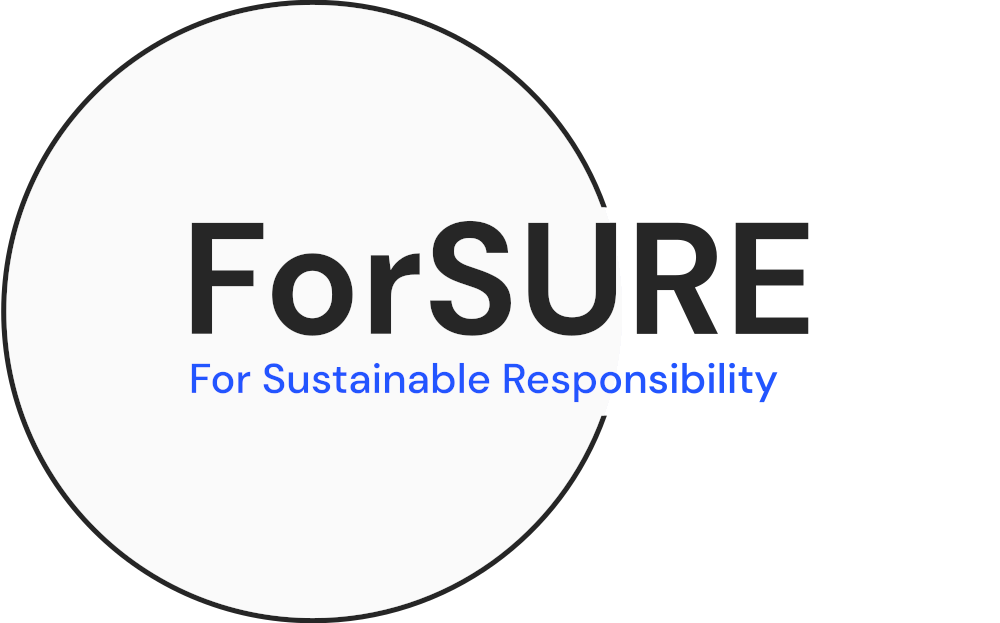We live in an era where sustainability is no longer a choice, but a necessity. It is encouraging to see how various regulations and policies are shaping this need for sustainable development. One such transformative regulation is Extended Producer Responsibility (EPR). This article will delve into how EPR regulations impact the environment, offering a new perspective on sustainability efforts in EPR.
The Role of EPR in Sustainability
EPR is a policy approach under which producers are given significant responsibility, financial or physical, for the treatment or disposal of post-consumer products. The role of EPR compliance and sustainability goes hand in hand, creating a framework that both benefits the environment and encourages businesses to adopt greener practices.
Environmental Benefits of EPR
The environmental benefits of EPR are wide-ranging. By shifting the responsibility of waste management from governments to producers, EPR promotes sustainable waste management practices. It encourages businesses to design products with an end-of-life plan, thereby promoting a circular economy. This reduces waste and encourages recycling and reuse.
EPR also fosters innovation in product design. Producers are incentivized to design products that have a minimal environmental impact over their entire lifecycle. This leads to the development of sustainable product lifecycle management practices under EPR regulations.
EPR Compliance Tools like ForSURE and their Environmental Impact
Adhering to these regulations may seem daunting to businesses. However, various tools for EPR compliance have emerged to simplify this process. For instance, EPR software for sustainability, like ForSURE EPR Software, offer comprehensive solutions to manage and report EPR obligations.
ForSURE is dedicated to making the compliance process easier while reducing the environmental impact. By integrating the ForSURE EPR software into their operations, businesses can streamline their compliance process, stay up-to-date with regulations, and make data-driven decisions to reduce their environmental footprint.
EPR and Circular Economy
One of the significant impacts of EPR is its contribution to the establishment of a circular economy. By encouraging recycling and reducing waste, EPR regulations play a pivotal role in creating an economy that is restorative and regenerative by design. EPR and circular economy principles are closely interlinked, reinforcing each other to promote sustainable consumption and production patterns.
EPR Policy and Green Business
EPR regulations also play a key role in promoting green businesses. Companies that adhere to EPR policy and green business principles can enhance their brand image, attract environmentally-conscious consumers, and gain a competitive edge in the market.
In summary, EPR regulations have a profound impact on the environment. Through EPR reporting for sustainability, businesses not only comply with regulations but also contribute significantly to environmental protection. The role of EPR in shaping a sustainable future cannot be overstated. It is a powerful tool for achieving sustainability goals and building a greener, more resilient world.
EPR is not just about compliance; it's about taking responsibility for our planet. It's about making sure that the products we produce and consume today do not compromise the ability of future generations to meet their own needs. As we continue our journey towards a more sustainable future, regulations like EPR will undoubtedly play a crucial role. With the right tools and commitment, we can all contribute to making the world a more sustainable place. And remember, every small step counts.




